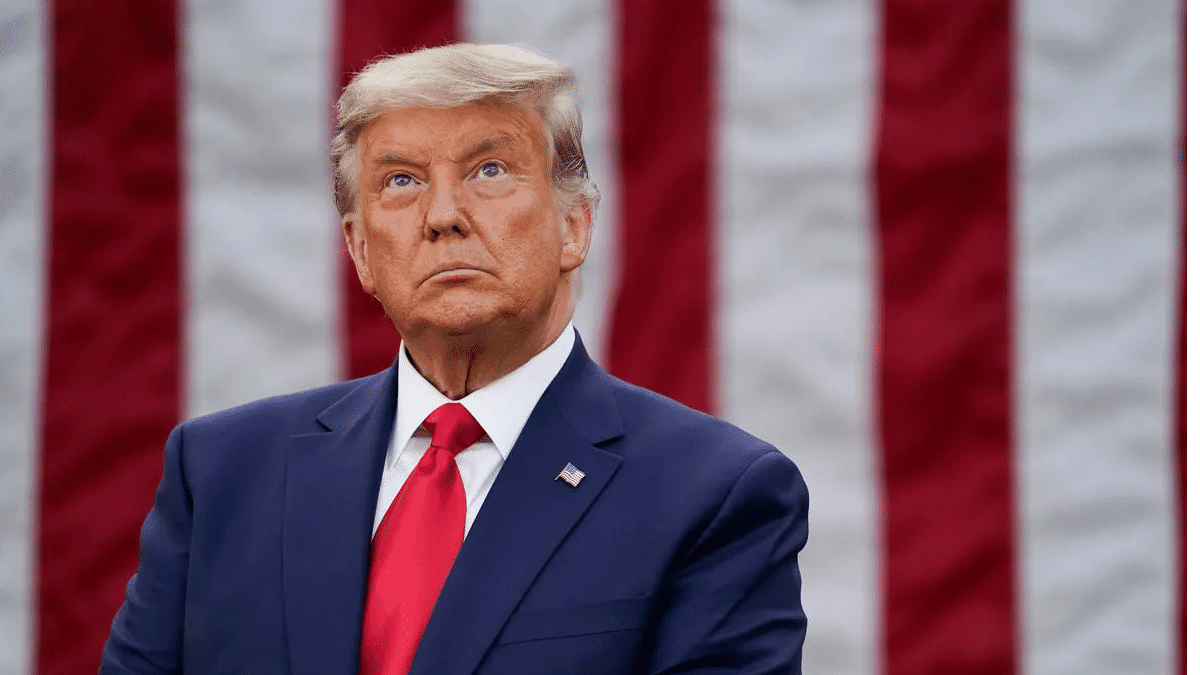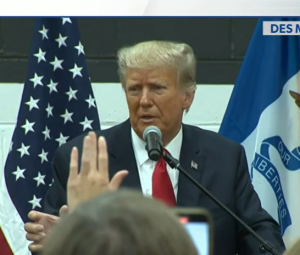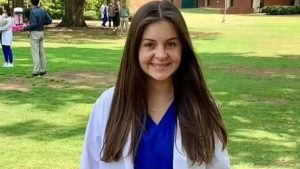A prosecutor in Fulton County, Georgia, has launched a criminal probe into former president Donald Trump’s Raffensperger phone call for “attempts to influence the administration during the 2020 general election.” In a phone call to Raffensperger, Trump was heard saying him to “find” votes to overturn his election loss. Between Trump and Raffensperger, there were 18 attempted calls from the White House to the Georgia Secretary of State’s Office during the election.
A letter on Wednesday was sent to various Georgia state election officials, including Secretary of State Brad Raffensperger, Fulton County District Attorney Fani Willis, to uphold and secure the documents related to Trump’s call.
“Investigation includes, but is not limited to, potential violations of Georgia election law prohibiting the solicitation of election fraud, the making of false statements to state and local government bodies, conspiracy, racketeering, violation of oath of office, and any involvement in violence of threats related to the election’s administration,” CNN quoted Willis as saying.
“This matter is of high priority, and I am confident that as fellow law enforcement officers sworn to uphold the Constitution of the United States and Georgia, our acquisition of information and evidence of potential crimes via interviews, documents, videos and electronic records will be cooperative,” the letter states.
It added that Fulton County authorities currently “have no reason to believe that any Georgia official is a target” in the investigation.
Michael J Moore, former US attorney for the Middle District of Georgia between 2010 and 2015 under the presidency of Barack Obama, said that numerous calls “sort of start to tell the story that this was not an official trying to talk to another official about problems that he or she might see in an election.”
“It’s more about how do I get to the place that that I can win the race,” he said, adding that the now-infamous call “sounds like any other call that you might have with an organised crime ring or a drug conspiracy ring or something,” Moore told CNN.







